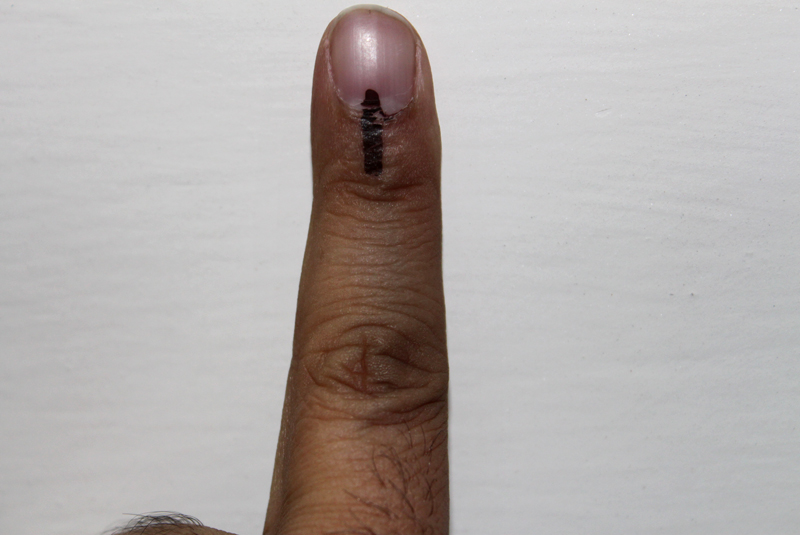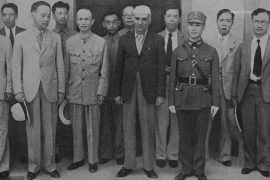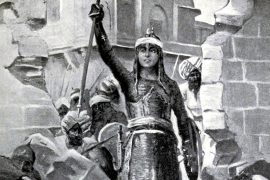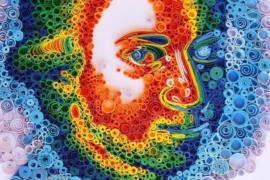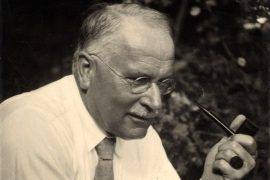In the third century BC, the emperor Ashoka was sowing the seeds of democracy in India with his Buddhist council meetings. He encouraged public discussions without discriminating against one’s faith and religion. It led to the idea of electing representatives through the instrument of a single vote.
Today, the election environment in India is grand and larger than life, serving the largest democracy in the world. But in India, and across the world, democracy and the election processes throw up challenges that have yet to be solved.
This year we have seen seven important state legislative elections, including the ongoing Gujarat elections – where it’s a fight between the Prime Minster’s de facto state and the newly appointed president of the oldest party in India. Voting gives the people the power to decide their leaders, deciding who will run the Government. However, looking at some of the 2017 election results, one might wonder if the results reflect the true winners:
In one of the constituencies in the Uttar Pradesh legislative assembly elections, the BJP candidate won with a majority of just 595 votes; 0.28% more share than its closest BSP rival. If one of the 11 candidates had dropped out, the BSP candidate could have been the winner.
Copyright©Madras Courier, All Rights Reserved. You may share using our article tools. Please don't cut articles from madrascourier.com and redistribute by email, post to the web, mobile phone or social media.Please send in your feed back and comments to [email protected]

